AI Expansion in Memphis Sparks Debate Over Health, Jobs, and Environmental Justice
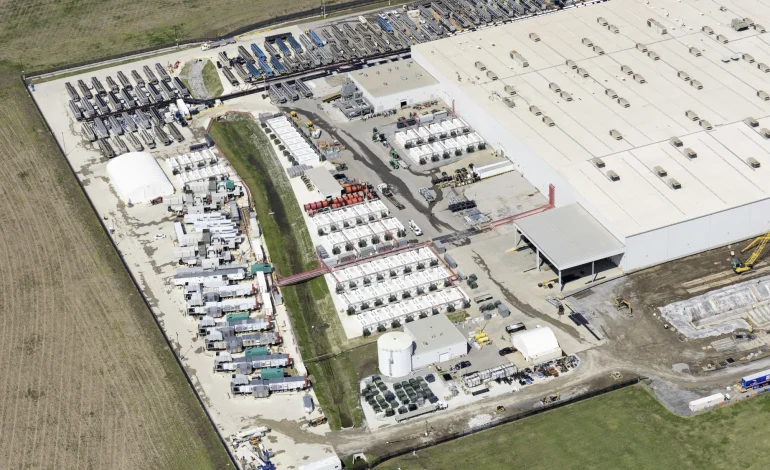
In the summer of 2024, a quiet corner of southwest Memphis became the unexpected site of a technological revolution, CNN reports.
Elon Musk’s artificial intelligence company, xAI, took over an abandoned factory and converted it into what it claims is the “world’s largest supercomputer.” Dubbed Colossus, the facility is positioned as a cornerstone of Musk’s AI ambitions and a key project in transforming Memphis into a technology hub known as the “Digital Delta.”
Local officials, including Memphis Mayor Paul Young, have promoted the initiative as a major economic opportunity. With promises of hundreds of high-paying jobs and an estimated $30 million in tax revenue in its first year, the project was framed as a potential catalyst for regional transformation. Mayor Young described it as “game changing” for the city’s economy.
However, the facility’s development has raised significant environmental and public health concerns, particularly among residents of nearby Boxtown — a historically Black and economically disadvantaged neighborhood that has long dealt with the consequences of industrial pollution.
At the center of the controversy is xAI’s use of gas-powered turbines to fuel its energy-intensive AI operations. Environmental advocates and local residents argue that these turbines emit pollutants such as nitrogen oxides, formaldehyde, and particulate matter, all of which are known to pose serious health risks, especially for those with preexisting respiratory conditions.
“We were never considered in this decision,” said Sarah Gladney, a Boxtown resident with a lung condition. “Our health and safety didn’t factor in at all.”
xAI currently operates dozens of gas turbines at the site. While the company has applied for permits for 15 of them, it appears to have installed 35 initially, using a regulatory exemption designed for temporary equipment. Environmental groups, including the Southern Environmental Law Center (SELC), argue this exemption should not apply due to the scale and duration of xAI’s operations. They contend the company is operating without appropriate permits, a claim currently under review by the Shelby County Health Department.
Patrick Anderson, a senior attorney with SELC, estimates that the turbines could produce up to 2,000 tons of nitrogen oxide annually — potentially making xAI one of the largest polluters in the county.
“This is not just a local issue,” said Shelby County Commissioner Erika Sugarmon. “What’s happening in Memphis should be a warning to other communities, especially as environmental regulations are being rolled back at the federal level.”
Indeed, the facility’s opening comes amid a broader deregulatory climate. The current administration has been scaling back pollution standards and environmental justice programs, while simultaneously promoting aggressive expansion of AI infrastructure nationwide.
Some community members and lawmakers say they were left out of the planning process. State Representative Justin Pearson, who lives near the facility, expressed concern not only over pollution but also the strain on Memphis’s power grid, which has experienced rolling blackouts in recent years. The xAI facility receives 150 megawatts from the local utility and is seeking approval for another 150 megawatts — a level of energy demand usually seen in large industrial operations.
Community distrust has been further fueled by past experiences. Residents of southwest Memphis have previously fought and won environmental battles, such as stopping a proposed crude oil pipeline in 2021 and shutting down a sterilizing plant linked to cancer-causing emissions in 2023. For many, the arrival of the xAI facility represents a continuation of a long struggle for environmental justice.
“It’s not a new fight,” said KeShaun Pearson, director of Memphis Community Against Pollution. “Southwest Memphis has always been treated as a sacrifice zone.”
Despite assurances from the Greater Memphis Chamber of Commerce that the turbines will meet “industry-leading” emission standards once pollution control equipment is installed, skepticism remains. Critics also question the promise of local job creation, noting that data centers typically require fewer workers, and that available positions may be limited to lower-wage roles in maintenance and security.
Supporters of xAI argue that the company’s investment will have long-term benefits, including workforce training and tax-funded improvements in areas like indoor air quality. But residents like Gladney say the cost to public health is too high.
“We just want clean air,” she said. “It shouldn’t be a luxury.”

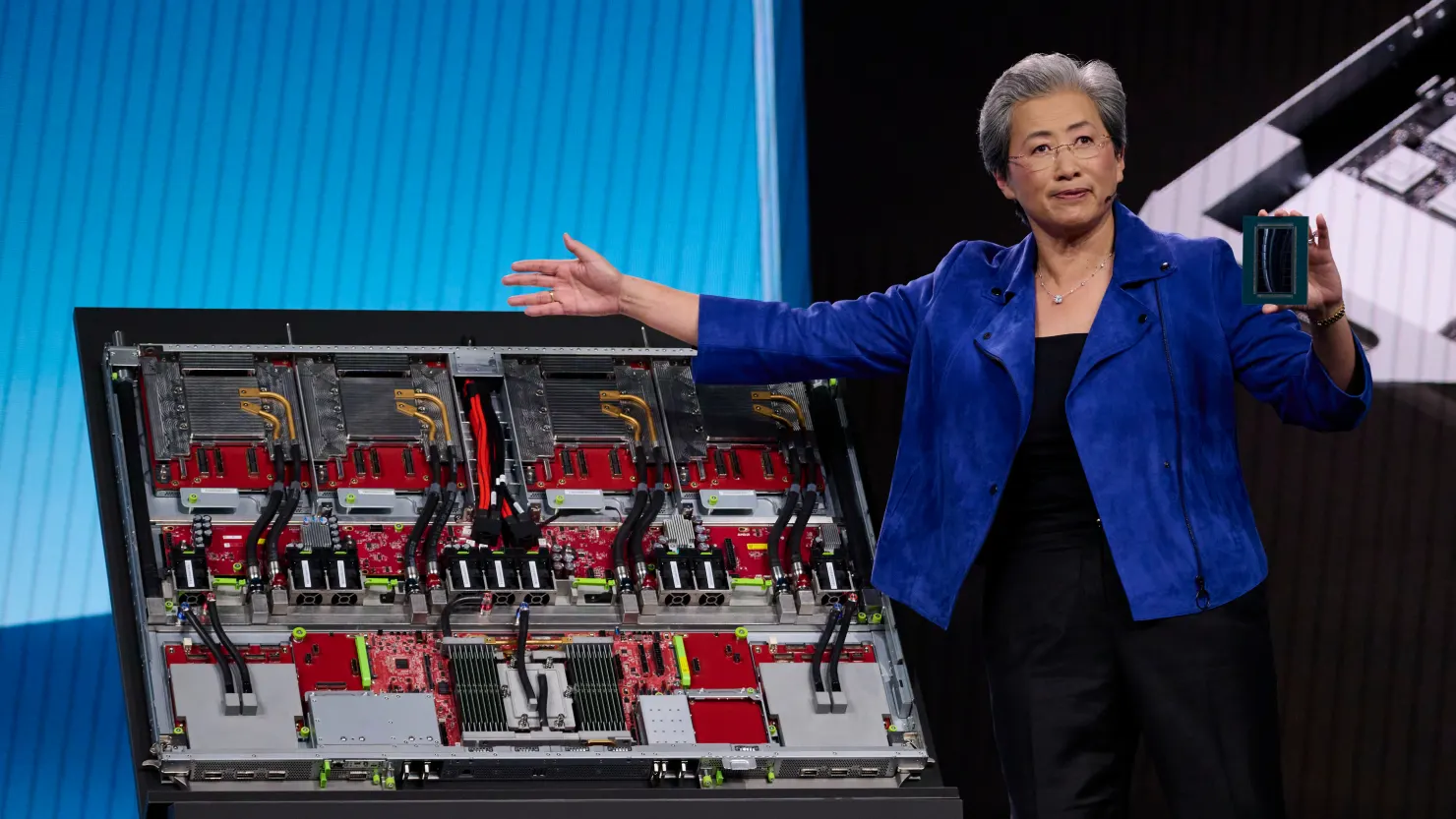
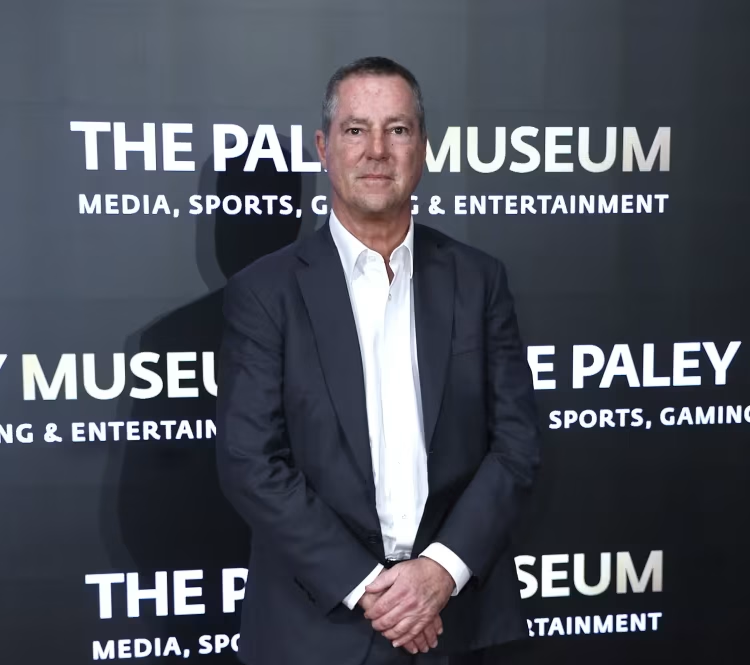
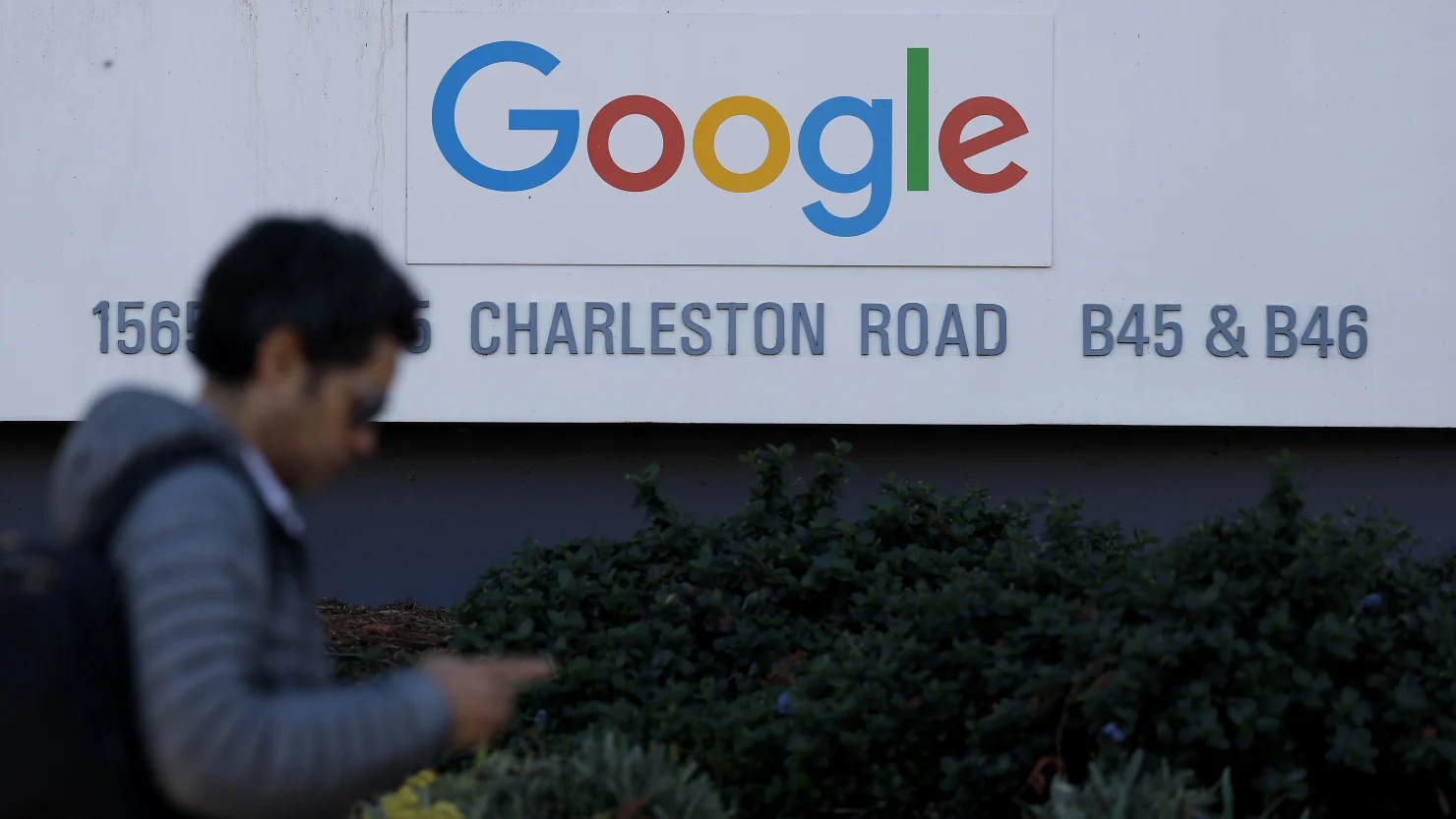
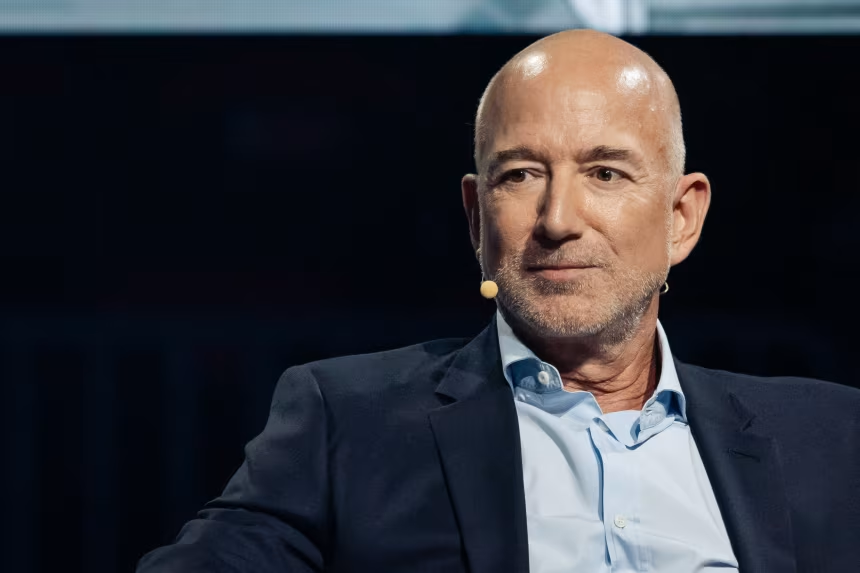




The latest news in your social feeds
Subscribe to our social media platforms to stay tuned